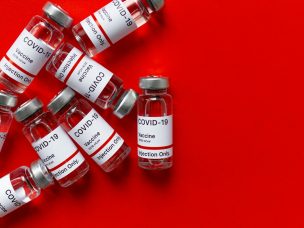MONDAY, Oct. 19, 2020 (HealthDay News) — Most patients with congenital heart disease (CHD) are not at risk for severe COVID-19 infection, according to a study published online Oct. 14 in the Journal of the American Heart Association.
Matthew J. Lewis, M.D., from the Columbia University Irving Medical Center in New York City, and colleagues assessed the impact and predictors of COVID-19 infection and severity among 53 patients with CHD diagnosed with COVID-19 between March 1 and July 1, 2020.
The researchers found that 10 CHD patients were younger than 18 years old (median age, 34 years). More than half (58 percent) had complex congenital anatomy, including 10 with a Fontan repair. Additionally, eight patients had a genetic syndrome, six had pulmonary hypertension, and nine were obese. Eighteen adults were physiologic class C or D. Among all 53 patients, nine had a moderate or severe infection, including three who died. The presence of a genetic syndrome (odds ratio, 35.82) and physiological Stage C or D in adults (odds ratio, 19.38) were significantly associated with moderate or severe infection.
“While our sample size is small, these results imply that specific congenital heart lesions may not be sufficient cause alone for severe COVID-19 infection,” the authors write.
Abstract/Full Text (subscription or payment may be required)










